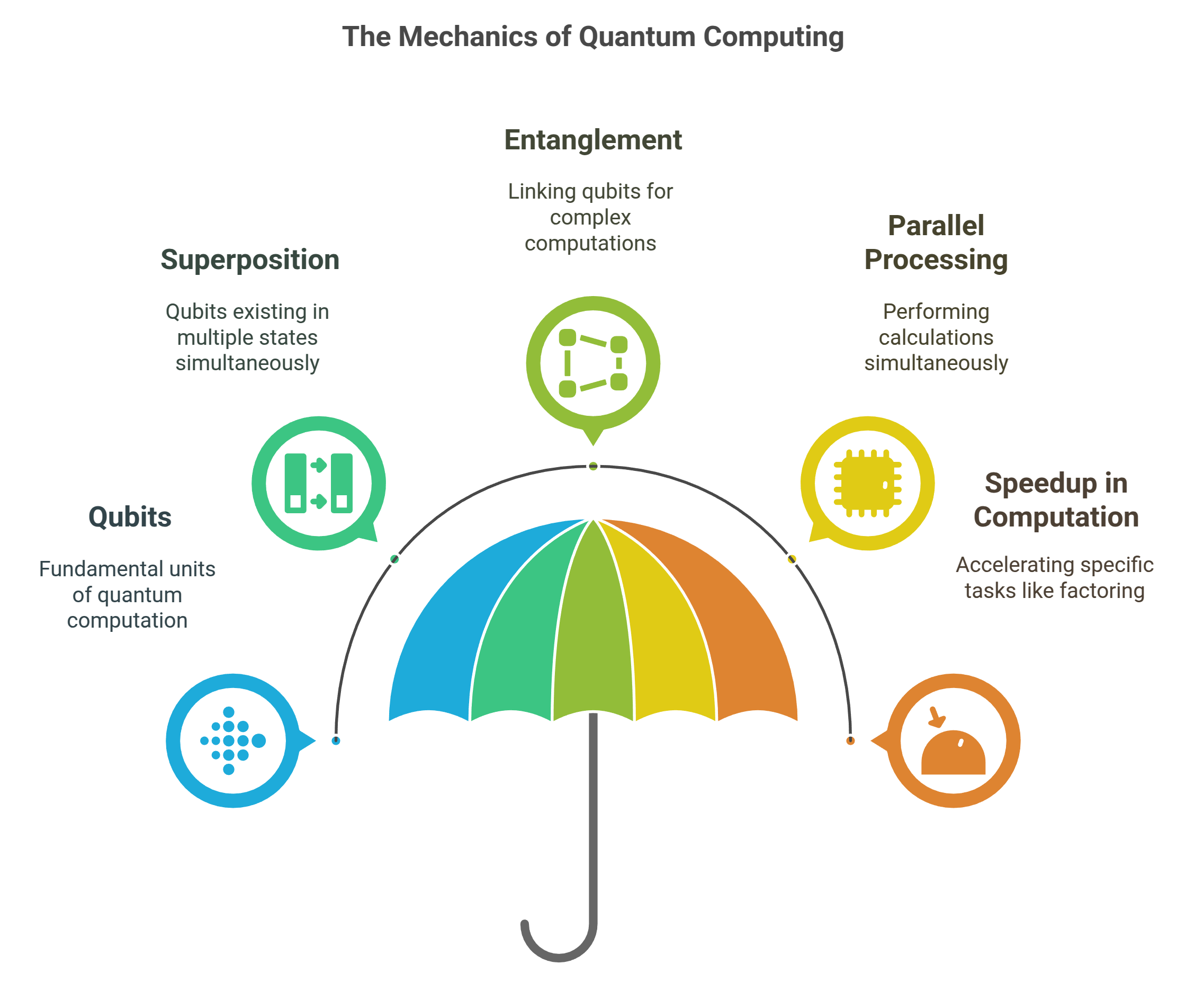

Quantum computing represents a revolutionary leap in the world of technology, unlocking new possibilities for solving problems that were once thought to be unsolvable. Unlike classical computers that process information in binary, quantum computers use quantum bits, or qubits, to perform calculations. These qubits have the unique ability to exist in multiple states simultaneously, enabling quantum computers to solve certain complex problems exponentially faster than today's most powerful supercomputers. As industries push the boundaries of computational power, quantum computing is poised to transform sectors like cryptography, materials science, and artificial intelligence, ushering in a new era of innovation.


Unlike classical computers that rely on binary bits (0s and 1s), quantum computers leverage the strange principles of quantum mechanics, particularly superposition and entanglement. Qubits are the fundamental units of quantum computation, and they can exist in a superposition of multiple states at once, enabling quantum computers to perform complex calculations in parallel. This capability allows quantum computers to explore multiple solutions simultaneously, significantly speeding up computations for specific tasks, like factoring large numbers or simulating molecular structures.
One of the main reasons quantum computing is so promising is its potential to outperform classical computers in certain areas by orders of magnitude. Tasks that might take traditional computers years to solve could be completed in a fraction of the time by a quantum computer. This includes applications in fields such as cryptography, where quantum algorithms could potentially crack codes that would take classical computers millennia to decipher. For instance, quantum computers have the potential to revolutionize security protocols, providing new ways to encrypt sensitive information that would be unbreakable by classical methods.
Quantum computing is not just theoretical—real-world applications are already beginning to take shape. Industries ranging from healthcare to finance are exploring quantum algorithms to solve problems with massive computational demands. For example:
While quantum computing promises immense potential, it is still in its infancy. Significant challenges remain, including the development of stable qubits, error correction methods, and scalable quantum processors. However, as research continues to progress, these hurdles will likely be overcome. In the coming years, quantum computing will play an increasingly central role in addressing some of the world's most pressing challenges, such as climate modeling, artificial intelligence advancements, and data security.
The next frontier in computational power is within reach. With the ability to process exponentially more data and solve problems that were once beyond our grasp, quantum computing is set to redefine the boundaries of technology and change the world as we know it.
As a Software Engineer at IRI, the role involves developing innovative, scalable solutions for data and software validation in resource tracking. With expertise in web development and engineering, the software engineer plays a key role in building high-quality solutions that align with the company’s technological vision and growth.
Smart Fingerprint technology enables fast, secure, and error-free attendance tracking...
Blockchain is a game-changing technology with diverse applications. This blog simplifies what blockchain...
AI Agents are transforming industries by making real-time decisions, automating workflows, and improving efficiency...